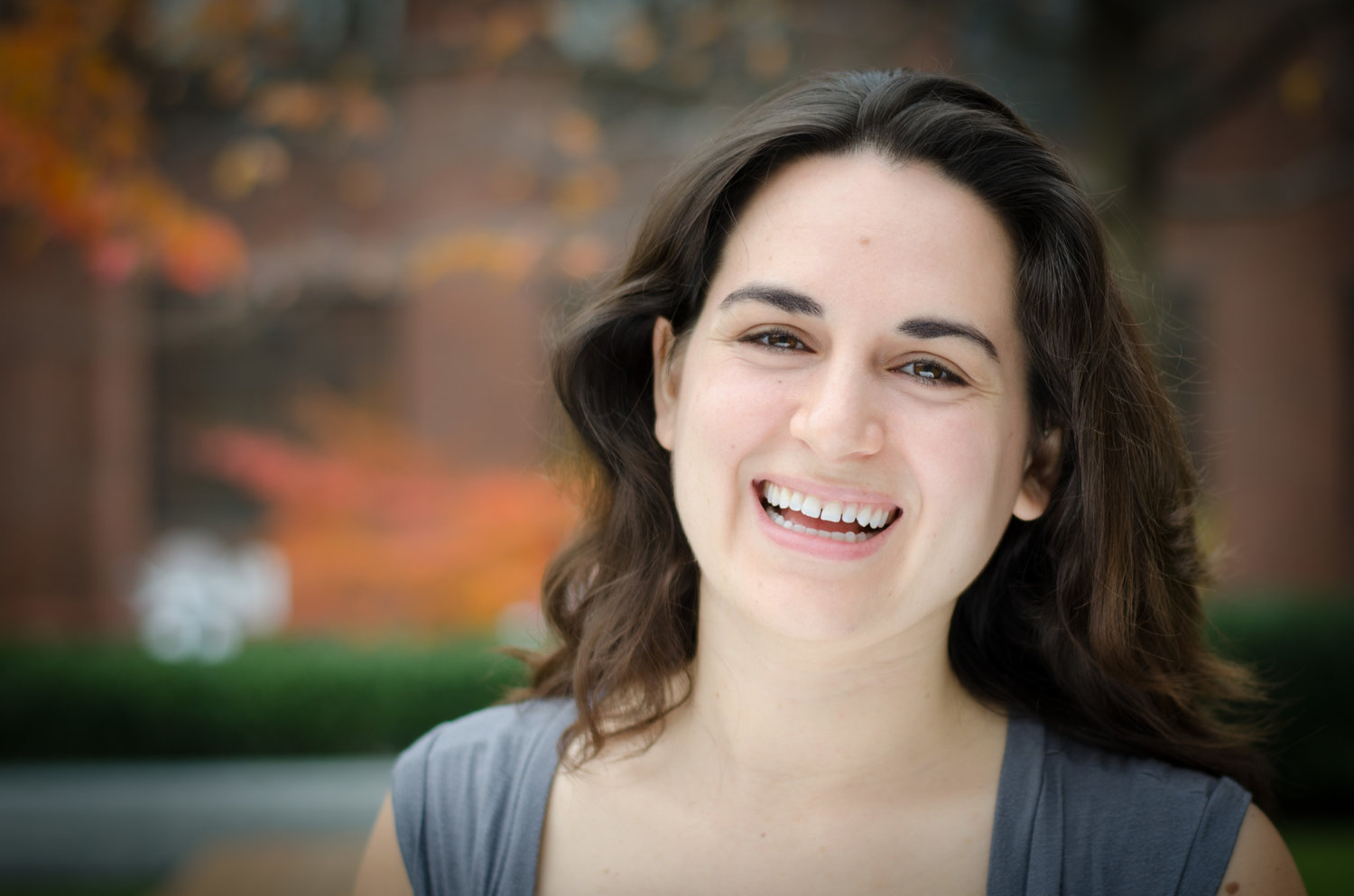 Summer Thyme, Ph.D., first-year assistant professor in the Department of Neurobiology, has been awarded a prestigious Klingenstein-Simons Fellowship in Neuroscience. She is UAB’s first recipient of this significant fellowship.
Summer Thyme, Ph.D., first-year assistant professor in the Department of Neurobiology, has been awarded a prestigious Klingenstein-Simons Fellowship in Neuroscience. She is UAB’s first recipient of this significant fellowship.
The Klingenstein-Simons Fellowship Award is only given to 11-14 recipients each year in the United States. Previously known as the Klingenstein Fellowship Awards, the awards are amid the nation's oldest and most illustrious fellowships for young investigators in neuroscience research. The goal of the award is to advance cutting-edge investigations, and are only presented to highly promising scientists in the first four years of their faculty position. The fellowship awards promote higher-risk, and potentially higher-reward, projects.
When the Klingenstein-Simons Fellowship Awards in Neuroscience were established, the foundation aimed to enrich the fellowship experience. To that end, the program created a yearly conference, encouraging fellows to network with their peers, seek feedback on their work, and learn from leaders in the field of neuroscience. The conference has already produced more than one formal collaboration between fellows.
Thyme holds two bachelor degrees from Scripps College—one in Biology and one in Chemistry. She completed her Ph.D. at University of Washington in 2012, and her postdoctoral fellowship at Harvard University last year. As a graduate student, studying protein engineering, she was an NSF Graduate Research Fellow. At Harvard, she was a Damon Runyon Postdoctoral Research Fellow and K99 recipient in Dr. Alexander Schier’s lab (2012-2019), where she established expertise with zebrafish and laid the groundwork for her proposed research on pathways regulated by genes associated with psychiatric disorders. There, she generated over a hundred zebrafish mutants for schizophrenia-associated genes and assessed their brain activity, brain structure, and behavior.
Since her arrival at UAB, she has established an independent lab, where she continues to study genes linked to neuropsychiatric disorders. She aims to decipher to the molecular and developmental functions of these genes, and also is developing drug-screening approaches to identify potential therapeutics. One goal of the Klingenstein-Simons grant is to generate new mutants for genes linked to childhood-onset schizophrenia, a rare and severe form of schizophrenia. Her lab makes zebrafish models that harbor the exact genetic variants found in human patients.
In regard to her award, Thyme says, “this fellowship will allow my lab to take on the risky endeavor of establishing new approaches of drug discovery and precision medicine for neuropsychiatric disease, focusing on rare genetic mutations that have a clear role in illness.” She adds that “findings on these rare disease models will extend to other patients with neuropsychiatric disorders.” Last, Thyme says she is “honored to receive this award and thankful to the supportive environment of UAB and the Department of Neurobiology that helped make this possible.”
